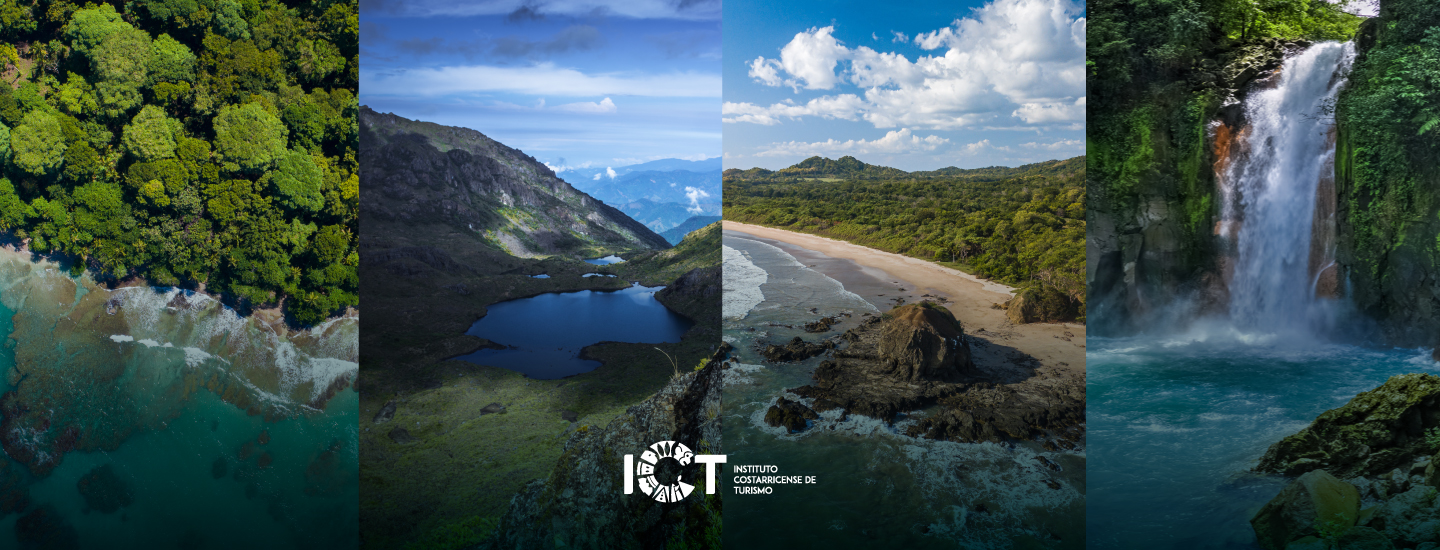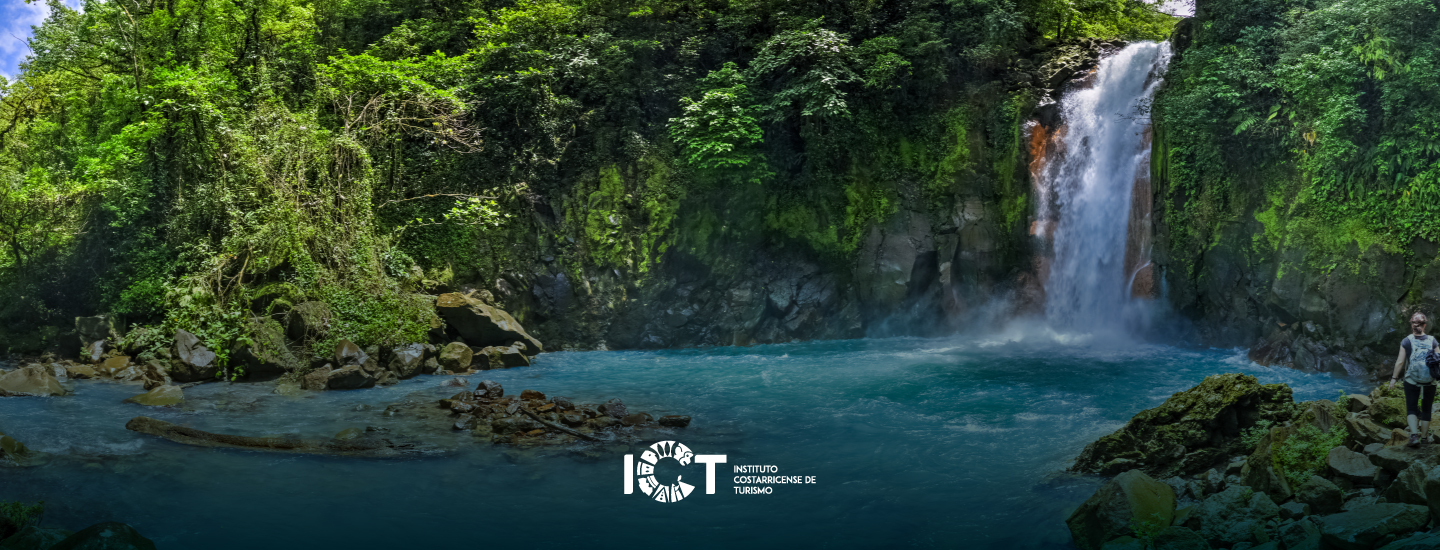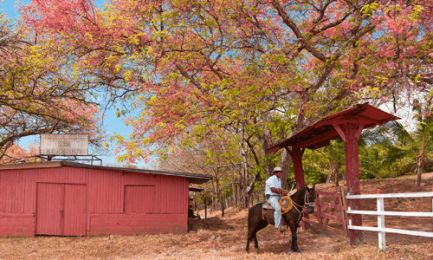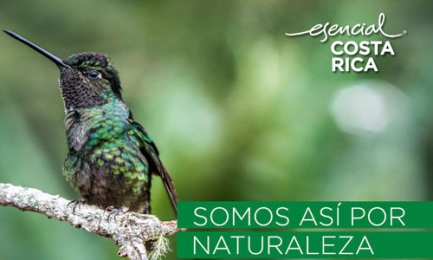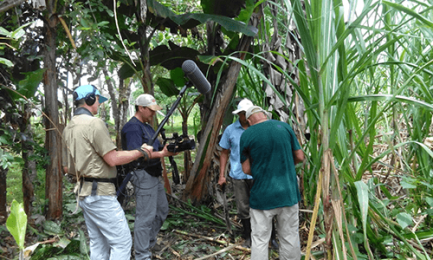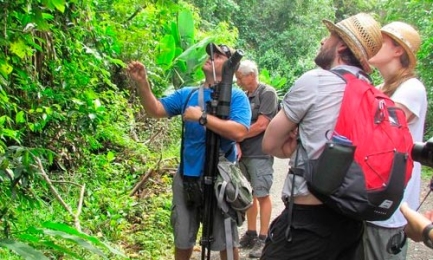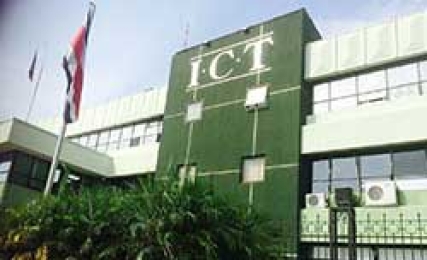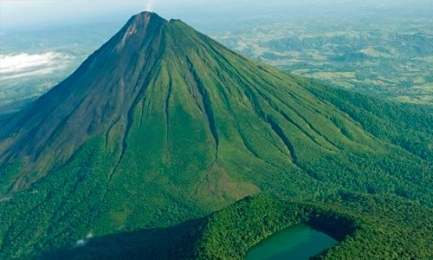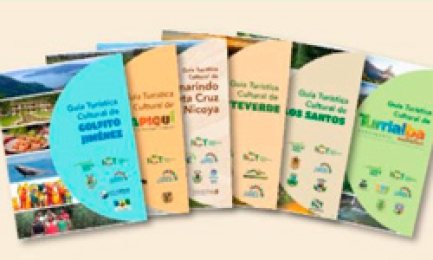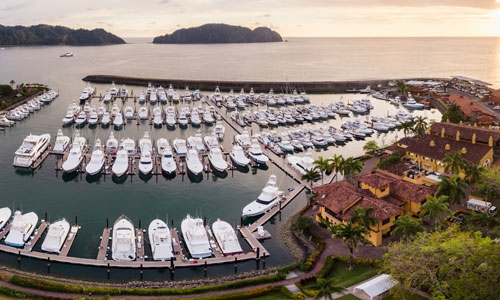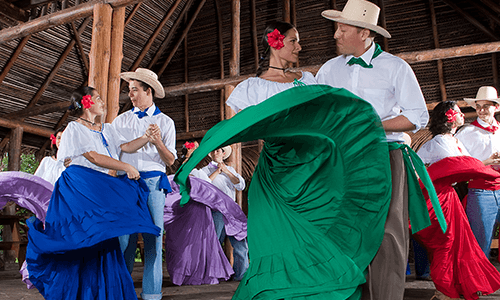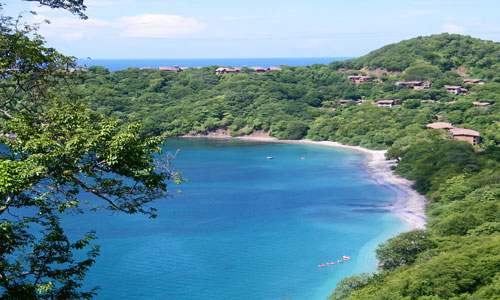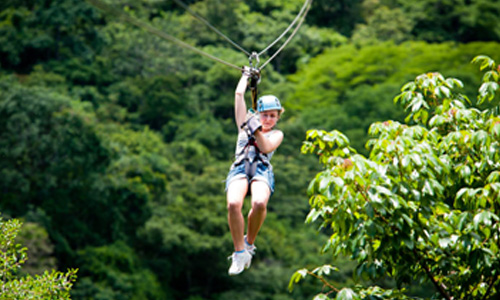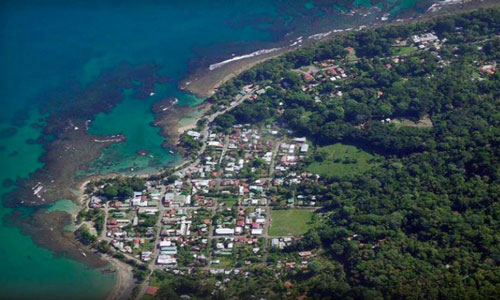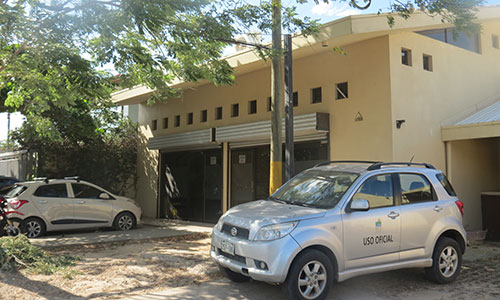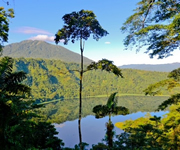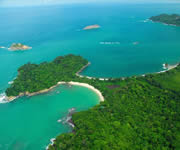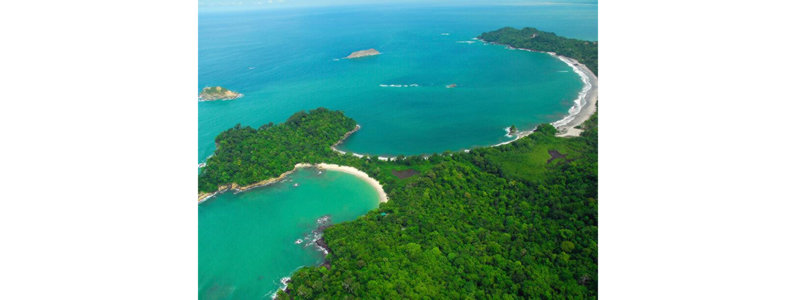The participation of the State in tourism development began in 1930 with the creation of the first private hotel called "Gran Hotel Costa Rica", a first class hotel built with the support of a private company and the incentive of the Government of the Republic. Back then, tourism was mainly foreign tourists who entered by sea through the Port in Limon, and from there they traveled to San Jose via the Northern Railway Company railroad.
The first tourism related regulation was passed in 1931 by Law 91 of June 16, 1931, which estates the creation of the "National Tourism Board", an entity that operated until August 09, 1955, when the institution known today as the "Costa Rica Tourism Board" was created by Law 1917.
Organization structure
Tasks
Today the institution continues the course of organizational changes done to reinforce the processes carried out so far. Even more important is the series of proposals regarding new functions and processes the institute must assume so the Costa Rican tourism industry can be competitive and maintain its position in the international market.
The main changes involve: strengthening formulation processes and implementation of tourism development planning, investor attraction and consultancy, development of competitive and high quality systems, development of comprehensive marketing, customer service for tourists, generation of information for decision making processes, reinforcement of management improvement processes (service comptrollership, revenue, administrative analysis), among others.
Vision
This is the projected vision:
"By 2021, ICT is consolidated as the governing tourism entity in Costa Rica, guaranteeing a supportive and equitable sustainable tourism development model that uses innovation, the development of its workforce, and effective public management to promote new opportunities for tourism development that helps improve the competitiveness and the life quality that as a nation we aspire for."
Mission
The institutional mission is the following:
Become an institution that aims to strengthen the Costa Rican sustainable tourism development model through the definition of public policies, alliances, programs, and projects to encourage competitiveness, sustainability, equity, solidarity, and a pleasant stay for tourists, always looking to improve the living standards of Costa Ricans.
